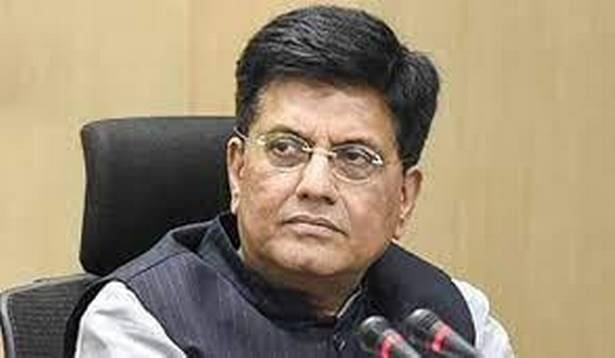The comprehensive pact may be formalized during PM Modi’s proposed visit to Dubai around January 6
The final text of the proposed India-UAE free trade agreement is likely to be taken up by the Union Cabinet for approval soon as negotiations between the two sides have been successfully concluded, according to a source.
“The Cabinet approval for the India-UAE Comprehensive Economic Partnership Agreement (CEPA) is expected to come in time for Prime Minister Narendra Modi’s visit to Dubai, scheduled around January 6, where the pact is likely to be formalized”, the source told BusinessLine.
Exports from India that could benefit from the CEPA include textiles, gems & jewelry, petroleum products, engineering and machinery products, and chemicals. Gains will, however, be limited as import duties on most goods are at 5 percent in the UAE.
“Market access in services, including mutual recognition agreements for various professions, is also an area of primary interest for India,” The CEPA will also cover other areas including investments and government procurement.
Since India’s import duties, on both industrial and agricultural goods, are much higher, especially for sensitive sectors, it has the greater responsibility of protecting its industry against import surges.“New Delhi’s key concern is that the UAE should not be used by third countries to ship their products to India at concessional import duties negotiated under the CEPA. While the Indian industry can face competition from the UAE, the situation can get serious if items from other countries also start getting in. It is, therefore, important to fix strong rules of origin,”
The UAE was India’s third-largest trading partner in 2020-21 with the country exporting goods worth $16.7 billion and importing items valued at $26.6 billion. India’s major imports from the UAE include petroleum and petroleum products, precious metals, gems and jewelry, minerals, chemicals, and wood products.
UAE has also investments worth $11 billion into India since 2000 and is among the top 10 investors for the country.
The proposed CEPA is also important because of its strategic interest in India since the UAE is a top supplier of petroleum to the country and could play a major part in strengthening relations with the entire Gulf region.
India’s goal is to become the “No. 1 trading partner’’ of the UAE, Commerce & Industry Minister Piyush Goyal said at a recent interaction with the industry. “UAE is a gateway to Gulf Cooperation Council and all of Africa,”
The negotiations for the pact, which started on September 23-24 this year, were fast-tracked following an intensive round between officials from both sides earlier this month when demands and offers were finalized in all key areas including rules of origin. The legal procedures and ratifications to implement the CEPA may take some more time. It is expected to cover a wide range of areas including goods (both industrial and agricultural), services, investments, and government procurement.

